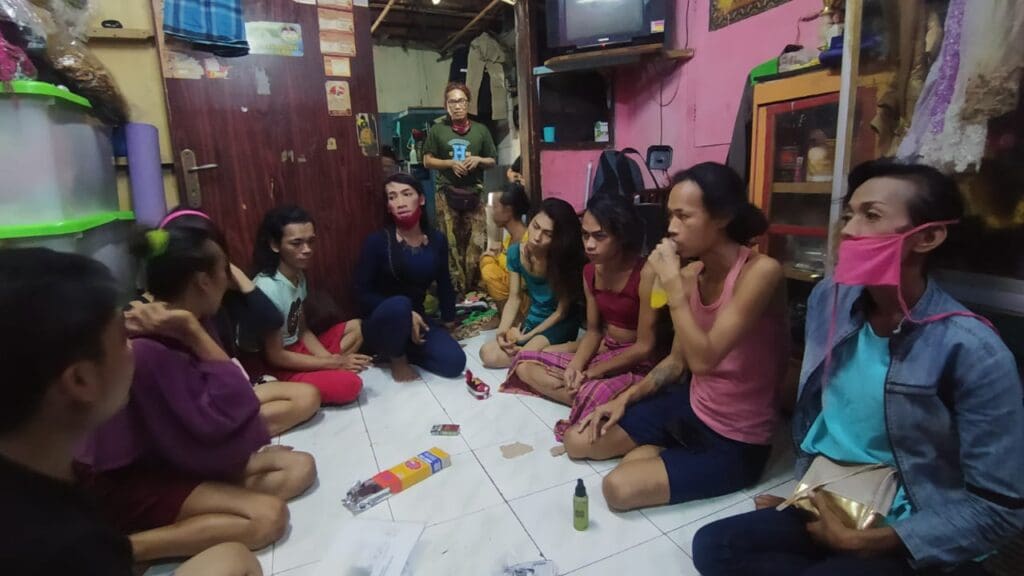‘Two Fish and a Plate of Rice’ is a short film of less than 30 minutes produced by Olen Saddha and directed by Bani Nasution. It’s making an important reflection and criticism for us to pay attention to.
The film stars Yusron Fuadi, Eko Pethel, Dwi Windarti and writer Fandy P. Musto, succeeds in making the audience confused in a situation where the storyline jumps around but remains clear. Two fish and a plate of rice is available at Bioskoponline.com for only 10,000.
This short film tells the story of Wagini, the main character. Wagini represents women in the institution of marriage. She is challenged or even burdened in her marriage when she has to take care of her sick mother after her father died.
Due to cultural constructions, women are responsible for their aging parents. Wagini’s situation requires her to be apart from her husband, Paimo. She had to live separately from her husband for a long period of time.
After two years without clarity in her household, Wagini returned to visit Paimo in the hope of continuing and maintaining her household. But apparently, when Paimo was away from Wagini, he discovered his new sexual orientation with a man named Rosman.
Paimo lived together with Rosman in one house. Wagini, who realized that Paimo (husband) and Rosman had a special relationship, felt disappointed and depressed.
However, Wagini finally approved of their relationship, with the consequence of sacrificing her marriage. Wagini approved of Paimo and Rosman’s relationship by proposing to them privately with a dowry of two fish and a plate of rice, because the food was in front of her to eat.
Read More: Much Forgotten: Women Farmers as Neglected Dual Workers
From the storyline, the film tells how weak the position of women is in the institution of marriage. In Wagini’s story, she is faced with difficult choices to maintain her marital status. But then, social and cultural constructions seem to make it imperative that she as a woman has a moral burden to take care of her parents.
On the other hand, due to economic needs, Paimo has to work in his own village so that his relationship with Wagini is separated. Therefore, this has an impact on their relationship as a married couple bound in the institution of marriage.
As a biological being, of course Paimo needs sexual relations with his wife. But, when he is away from his wife, he does not get that kind of thing. He did not get satisfaction from his wife.
Therefore, I assume, that is where Paimo then found a new orientation as a homosexual actor. However, Wagini had to accept this fact. Finally, she gave up her husband for another man and made him a widow.
Then Wagini’s action of veiling (marrying) them privately, it is a form that in our country cannot do same-sex marriage. Because for her she has no other choice. The reflection of this film is that women experience a difficult position in the institution of marriage.
From Wagini’s story, we can see that she, and perhaps other women out there, are often swayed by circumstances that are not in their favor. She just wants to have what she imagines to be a harmonious marriage relationship.
(Picture: X @cinemuach)













